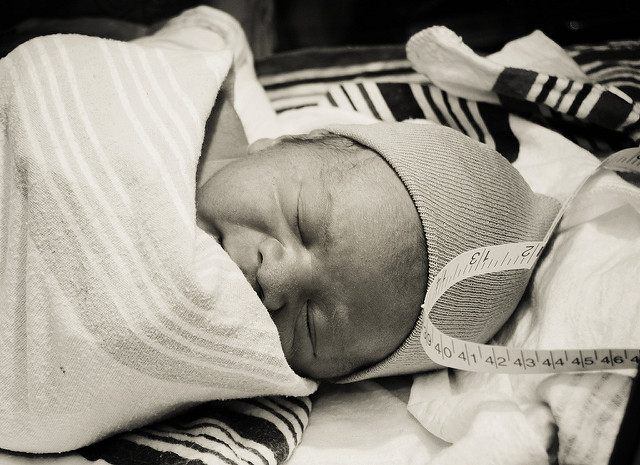There’s a dark statistic many people are unaware of. Maternal death rates in the past 20 years have increased, specifically in rural areas of the United States. Despite technological advances and better medical expertise, massive swaths of the country simply do not have proper prenatal care — or appropriate places to give birth.
If complications arise, as they did with first-time mother Whitney Brown — who ultimately died one day after her baby’s birth — it can take hours to transport women to a hospital with sufficient doctors and care.
According the the Wall Street Journal, women with pregnancy complications in rural areas are 64% more likely to die. The blame can be placed on hospitals cutting staff due to less resources, as well as increasing health complications in general among rural populations. Things like obesity and opioid addiction cause women to experience complications they might not otherwise.
In Whitney Brown’s case, she had a seizure — and doctors were unable to pinpoint the cause. They needed to transport her to a hospital that was 77 miles away — but by then it was too late:
“With her heart stopped, emergency medical technicians in the ambulance began administering CPR. They arrived at the emergency room of the Erlanger hospital five hours after Ms. Brown’s seizure. She was bleeding heavily.
…By the time the teams had stabilized Ms. Brown’s vital signs, she had been in cardiac arrest for 16 minutes, a period when her organs were deprived of oxygen.”
This is the kind of thing that happens to so many women in rural areas, who have not received proper prenatal care in the first place. Brown died just hours after her cardiac arrest.
While Brown’s experience took place in Tennessee, there are maternal care deserts around the country. One small town area in Georgia, there is only one certified nurse-midwife to serve all the pregnant women in a 60-mile radius, at a local hospital. Many women don’t have time or transportation to travel to cities or offices that are over an hour away. And when it comes to pregnancy complications, it’s important to tend to them immediately, or the results can be fatal.
A map below shows the scarcity of Obstetric care in the United States:

Middle America is hurting desperately for more, but dwindling populations, higher health risks and less desirable workplaces mean healthcare workers aren’t going there. Hospitals are also losing money as they deal with patients who often don’t have health insurance and are unable to pay the monstrous fees that accompany prenatal care and birthing on their own dime.
Whitney Brown’s death is a true tragedy, but the answer to fixing America’s rural maternal health care crisis has yet to be found.


